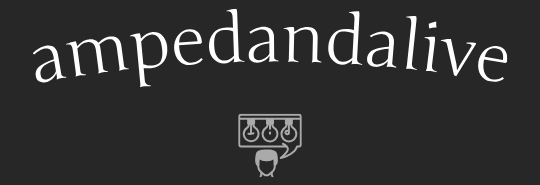Social Media and the Web Create Event Success
Social media and the Internet are the driving forces behind tradeshows this year.
Before the event gets started, management companies and exhibitors are reaching out to their customers and vendors through the top three social media outlets: Facebook, Twitter, and LinkedIn, plus many are using traditional links to websites and YouTube videos. What they’re doing is setting up expectations of what will be happening at the upcoming show. A buzz is getting started through the internet as customers retweet links with cool video footage of an elaborate booth set up or the “tease” of what will be offered as prizes and giveaways. Many exhibitors want to personally extend an invitation to a company sponsored cocktail party or other VIP event in addition to the tradeshow itself.
This entire social media buzz prior to the show is meant to generate interest and drive traffic to the various exhibitors’ booths but only those who are savvy enough to use the technology to their advantage this way.
During any event, just like everywhere else in life, everyone walks around with a PDA or smart phone of some sort, so why not take advantage of it? Exhibitors who are on Twitter might send out a tweet that the next person to their booth with the tweeted password will win a prize. Or perhaps, they’ll announce when they’re about to demonstrate unique products or begin presentations and learning sessions.
Foursquare and Gowalla are geo-based mobile apps that have been a huge hit with the food and beverage industry, movie theaters, and events. Users can check-in and let their friends know exactly where they are and create a gathering place. In the event arena, exhibitors are using these applications to let their contacts know where their booth or stand is so they’re easier to find. Again, this particular tool makes it easy for an exhibitor to drive traffic to the exhibition booth by seeing who “checks in” on Foursquare and then telling that person if he or she will get to the exhibit within four minutes, he or she will win a dinner for two, passes to a show, etc. Not only does it broadcast to the winner who checked in to Foursquare or Gowalla where the exhibitor’s booth is, but everyone else who is on the geo-based app will know where to find this exciting booth as well.
All good things must come to an end, and when the event is over, social media will keep some measure of a buzz about the event online. Naturally, once an event is over, attendees and exhibitors chat about it on all of the major social media sites, just like they did prior to the event. As participants wait for planes, trains, and automobiles to pick them up, they’ll be downloading and chatting away on their mobile devices about what they saw at the show. Thanks to social media, major events are talked about by attendees and non-attendees for a long time afterward in blogs that are often passed around via tweets online. A bad event will create a huge buzz through blogs with lots of comments, and it will be tweeted around just as much as a good event will be. Blogs don’t go away. Since social media keeps a topic alive literally forever online, making sure an event is executed as smoothly as possible is paramount to ensuring the buzz the event creates is just as positive after the show as it was before the show.
